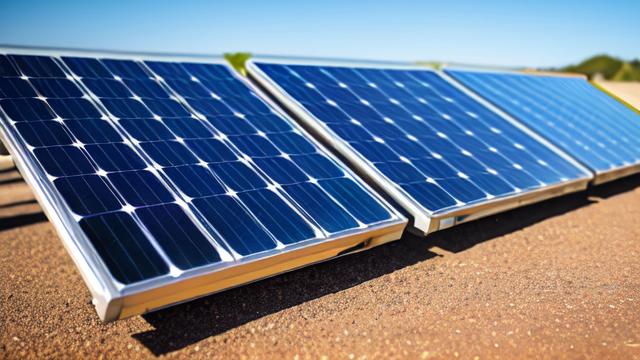
Harnessing the Power of the Sun: Solar Panels for Home
Solar panels have revolutionized the way electricity is generated. By harnessing the sun’s power, these innovative devices allow homeowners to tap into renewable energy sources. They also reduce their carbon footprint.
This article will explore the benefits and considerations of installing solar panels for your home. If you want to know how to harness the power of solar panels for home, let’s keep on reading.You can know how to transform your home into an eco-friendly powerhouse.
The Advantages of Solar Energy
Solar energy offers numerous advantages for homeowners. Solar energy provides long-term benefits. They range from environmental benefits to long-term cost savings.
You can explore the renewable nature of solar energy and its potential to reduce electricity bills. They have a positive impact on the environment. They reduce greenhouse gas emissions.
How Solar Panels Work
The science behind solar panels is made easy by explaining the photovoltaic effect. It converts sunlight into usable electricity. Solar cells function as an inverter in converting DC to AC power, and the connection to your home’s electrical system.
Assessing Your Home’s Solar Potential
Before investing in solar panels, assessing your home’s solar potential is crucial. You need to evaluate factors such as roof orientation and shading for solar panel installation. You need to calculate your solar potential and estimate the energy you can generate. It must be calculated based on your location and sun exposure.
Financing and Incentives
Financing options and incentives can make solar panel installation more affordable. You can get various financing methods like solar loans and leasing programs. They have power purchase agreements . You also get financial incentives like tax credits and rebates. Several grants are offered by governments and utility companies to encourage renewable energy adoption.
Choosing the Right Solar Panel System
Select the right solar panel for your home. Opt any one between monocrystalline or polycrystalline solar panels. Some also use thin-film solar panels. To install any right solar panel you must know the efficiency and durability of the solar panels. Some people also pay attention to the aesthetics and warranties when they choose solar panels.
Solar Panel Installation Process
Once you understand the proper installation process of the solar panel, you prepare yourself for the project. Initially the site assessment is conducted. Later the design permits and approvals are made.
You should be careful in selecting the qualified solar installer to ensure a seamless and efficient experience.
Monitoring and Maintenance
Proper monitoring and maintenance of your solar panel system ensures its optimal performance and longevity. You must be careful of the production and consumption of the energy the solar panel produces.
One must learn about routine maintenance tasks needed to maximize the lifespan of your solar panels.
Maximizing Solar Panel Benefits
Beyond generating clean energy, solar panels offer additional benefits. By integrating energy storage systems and utilizing innovative home technologies we ensure energy-efficient practices. Discover how these strategies can enhance your solar panel system’s efficiency and help you further reduce your reliance on the grid.
Conclusion:
Solar panels for home use can potentially transform how we generate and consume energy. Homeowners can contribute to a more sustainable future while enjoying long-term cost savings.
From understanding the advantages of solar energy to evaluating your home’s solar potential and navigating financing options, this article has provided valuable insights into the world of solar panels. By using this green energy you reduce your environmental impact, and pave the way for a cleaner and brighter future with solar panels for your home.


